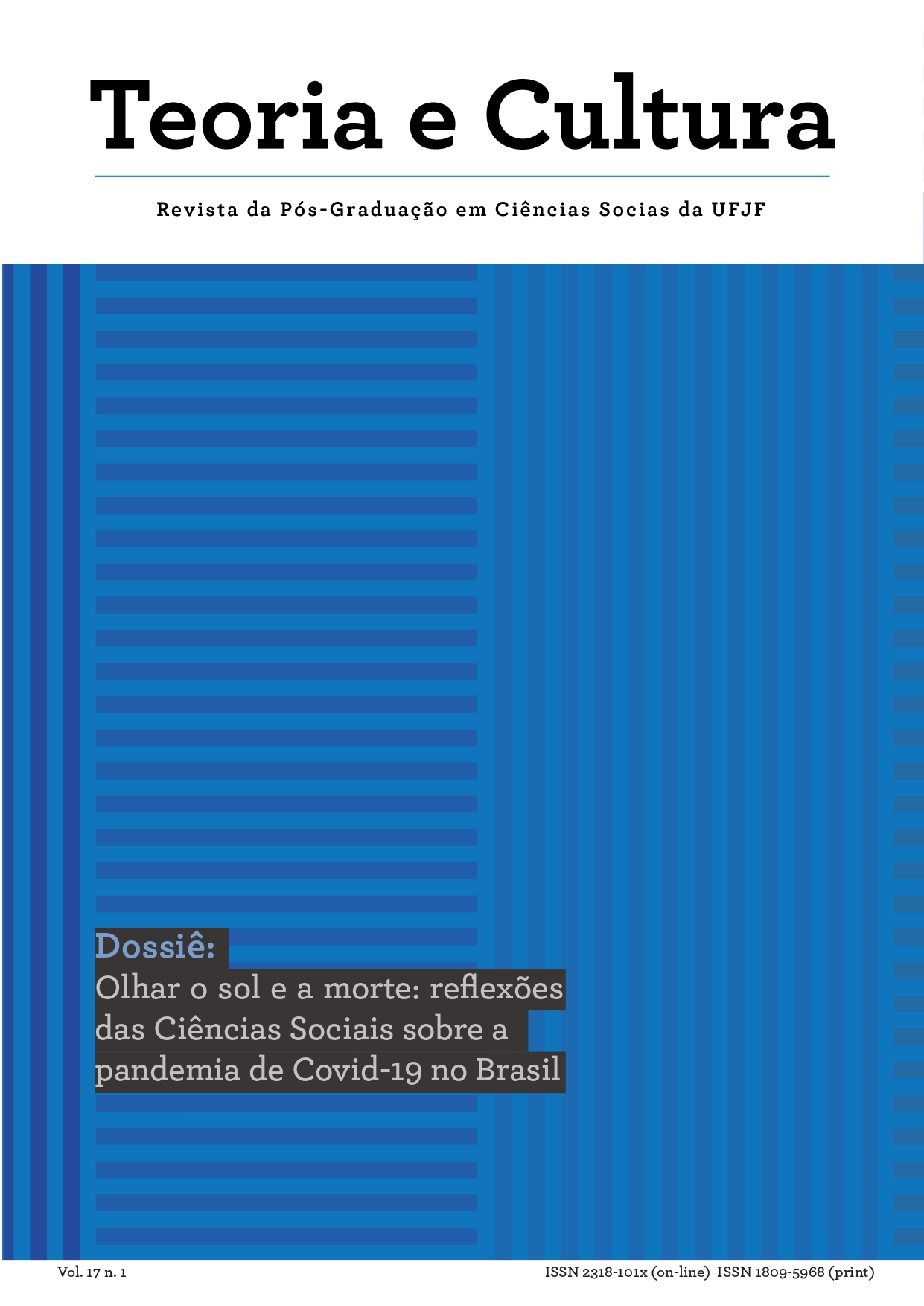The Post-Covid Syndrome and the Disorientation as a Political Strategy
DOI:
https://doi.org/10.34019/2318-101X.2022.v17.34772Abstract
In recent months, a new category has been claimed in the biomedical field to designate a broad set of symptoms that seem to defy the understanding and the expectations regarding the viral family of coronaviruses: the Post-Covid Syndrome. Without a precise clinical description until now, the name of the syndrome concerns to the prolonged repercussions of SARS-CoV-2, which affect different organs and systems of the human body, especially the brain, heart, lung and skin. Based on data collected from scientific articles, press, electronic websites, institutional brochures and public statements from politicians with some prominence on the national scene, the purpose of this text is to analyze the ways of materialization and stabilization of the syndrome and understand the ways in which perception and senses can be captured and governed to shape a given reality in relation to the pandemic. By establishing some parallels between the symptoms that circumscribe the syndrome and the health crisis management strategies carried out by the Brazilian federal government, I argue that disorientation has been used as a government policy tool, capable of hiding and revealing what is desired, confuse audiences and prevent the assignment of responsibility for anything.








